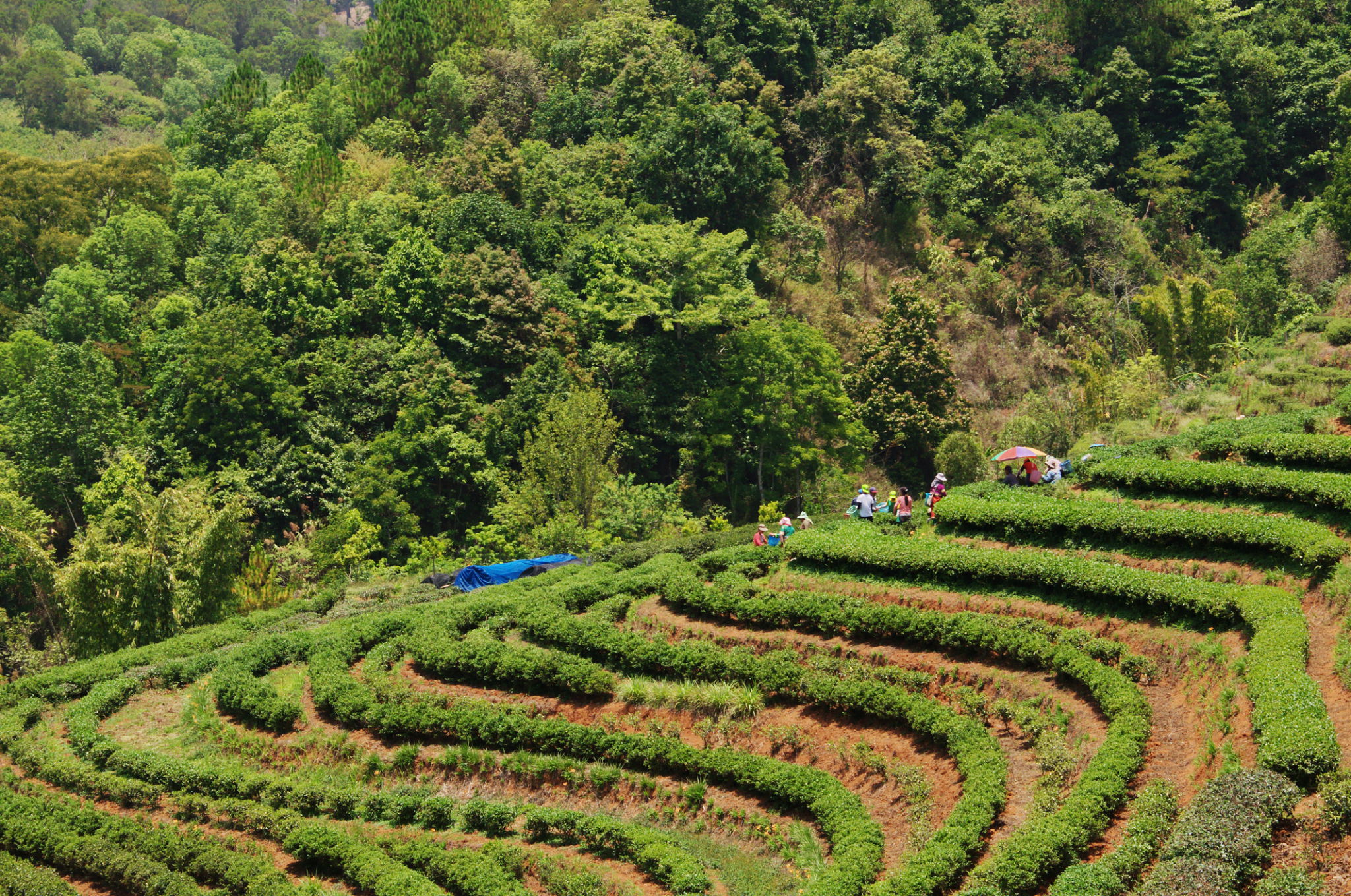Top Sustainable Farming Innovations Emerging in Kasungu
LW
The Rise of Sustainable Farming in Kasungu
Kasungu, a vibrant region known for its rich agricultural traditions, is experiencing a transformation in the way farming is conducted. As the world faces growing environmental challenges, sustainable farming practices are becoming increasingly essential. In Kasungu, innovative approaches are emerging, paving the way for a more eco-friendly and efficient agricultural future.

Organic Farming Practices
One of the key innovations in Kasungu is the shift towards organic farming. This approach eliminates the use of synthetic fertilizers and pesticides, which can have harmful effects on the environment. Instead, farmers are utilizing natural alternatives such as compost and organic pest control methods. This not only helps preserve soil health but also produces healthier crops.
By adopting organic practices, farmers in Kasungu are able to meet the growing demand for chemical-free produce. This shift not only benefits the environment but also enhances the economic viability of farms as organic products often command higher market prices.
Agroforestry Integration
Another promising innovation is the integration of agroforestry into traditional farming systems. Agroforestry combines agriculture with tree cultivation, offering a range of environmental benefits. Trees help improve soil fertility, increase biodiversity, and provide shade for crops, which is particularly beneficial in hot climates like Kasungu's.

Farmers adopting agroforestry practices are seeing increased crop yields and improved resilience against climate change. By planting trees alongside crops, these innovative farmers are creating a more sustainable and productive agricultural landscape.
Water Conservation Techniques
In Kasungu, water conservation is a critical component of sustainable farming. With climate change leading to unpredictable rainfall patterns, efficient water management has become essential. Farmers are implementing techniques such as rainwater harvesting and drip irrigation systems to make the most of available water resources.
- Rainwater Harvesting: Collecting and storing rainwater for irrigation during dry periods.
- Drip Irrigation: Delivering water directly to plant roots, minimizing evaporation and waste.

These methods not only conserve water but also ensure that crops receive adequate hydration, leading to better yields and reduced environmental impact.
Renewable Energy Adoption
Sustainable farming in Kasungu is also being fueled by the adoption of renewable energy sources. Solar panels and wind turbines are becoming common sights on farms, providing clean energy for irrigation pumps, lighting, and other essential farm operations. This shift reduces reliance on fossil fuels and lowers greenhouse gas emissions.
The use of renewable energy not only supports environmental goals but also offers economic advantages by reducing energy costs in the long run. Farmers investing in renewable technologies are setting a precedent for a more sustainable agricultural sector.
The Future of Farming in Kasungu
As these sustainable farming innovations continue to gain traction, Kasungu is positioning itself as a leader in eco-friendly agriculture. The integration of organic practices, agroforestry, water conservation techniques, and renewable energy is creating a model that other regions can follow. By embracing these innovations, Kasungu farmers are ensuring a more resilient and sustainable future for their communities.
As the world grapples with the effects of climate change and resource depletion, the sustainable farming practices emerging in Kasungu offer hope and inspiration. Through innovation and dedication, these farmers are proving that it is possible to cultivate both land and livelihoods responsibly.
